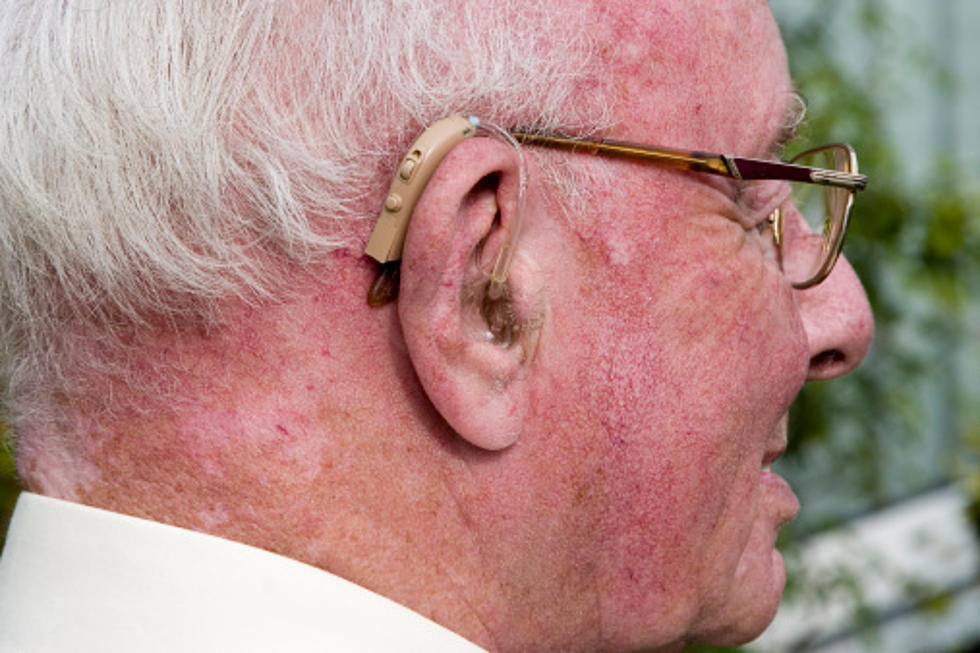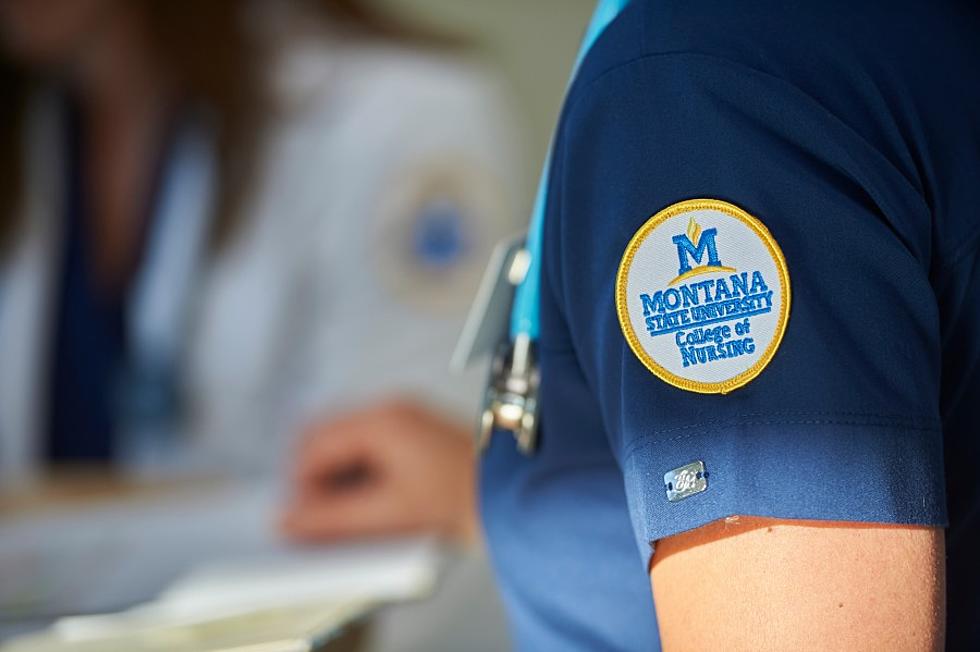
MSU Doctoral Student Wins Major Prize at National Conference for Indigenous People in STEM
BOZEMAN – A Montana State University doctoral student received national recognition for her oral research presentation at the 2022 American Indian Science and Engineering Society, or AISES, conference in Palm Springs, California, earlier this month.
Stephanann Costello, a fifth-year Ph.D. student working in the lab of professor Valérie Copié in MSU’s Department of Chemistry & Biochemistry in the College of Letters and Science, was awarded first place for her graduate research presentation describing the role of taurine metabolism in the development and progression of the disease Familial dysautonomia, a rare and fatal disorder that devastates the human nervous system.
At the conference, Costello’s presentation attracted significant interest, follow-up questions and inquiries from institutions interested in her post-doctoral plans.
“I feel like a celebrity,” said Costello after returning to Bozeman.
It was the third time Costello, a scholar in MSU's Sloan Indigenous Graduate Partnership Scholarship Program, has attended AISES, which focuses on education, professional and workforce development for Indigenous people pursuing studies and careers in science, technology, engineering or mathematics. All three trips were made possible by the support of the Alfred P. Sloan Foundation, which provides funding to selected MSU graduate students pursuing STEM degrees.
“My first year was a really life-changing experience,” said Costello, who explained that while she was growing up, her Aleut grandmother was hesitant to share or acknowledge the family’s cultural history. “Being part of the community of Native Americans in STEM at the conference was transformative for that part of my identity. I found a lot of support in who I am as a person and for the science I’m doing.”
Costello’s research is part of an MSU multidisciplinary study into Familial dysautonomia, or FD, which primarily affects people of eastern European Jewish heritage and is caused by a gene mutation carried by both parents. Three MSU professors are leading research on the disease: Frances Lefcort, research professor in the Department of Microbiology and Cell Biology in MSU’s College of Agriculture, who heads the neuroscience arm; Seth Walk, professor of microbiology and immunology, who is studying microbes in the digestive tracts of FD patients; and Copié, who is leading a large-scale study of patients’ metabolism by focusing on the small molecules known as metabolites that contribute to metabolic pathways.
“We believe the initial neurodegeneration causes the metabolism and the gut microbiome to function improperly,” Costello said. “Nerves that communicate between different systems are disrupted, thereby impacting the central metabolism and gut microbiome, ultimately creating a feedback loop that perpetuates neurodegeneration and disease progression.
“If the gut-brain-metabolism axes are connected, and if we can understand how each branch affects another, we could potentially develop therapeutic treatment options for the patients,” she added, noting that because FD shares many features of Alzheimer’s and Parkinson’s diseases, the knowledge accumulated through the multidisciplinary study may be relevant not just to FD but also to other neurodegenerative conditions.
Costello, who holds a bachelor’s degree in chemistry from Montana Technological University, chose to pursue doctoral work at MSU after learning about the work being done in Copié’s lab. She said she found the environment in the chemistry department to be inclusive, supportive and focused on student success.
“I feel very lucky to be able to attend MSU and have all the support and mentors I’ve had along the way,” she said. “It’s been a phenomenal experience that I’m excited to keep having.”
Costello expects to finish her doctoral studies in December 2023, then continue working and studying human health and diseases in ultimate pursuit of a faculty position at a university. At the AISES conference, she enjoyed “being in the middle,” encouraged by mentors and people in industry as she, in turn, offered words of encouragement to undergraduates and high school students interested in pursuing STEM studies.
Costello was one of seven MSU graduate and undergraduate students to attend AISES this year. The university’s AISES chapter, led by Shanell Sinclair, an undergraduate student in the Department of Mechanical Engineering in the Norm Asbjornson College of Engineering, won the AISES Chapter of the Year Impact Award. The chapter’s faculty adviser, Nicholas Stadie, assistant professor of chemistry and biochemistry, also attended, as did Craig Ogilvie, dean of the Graduate School and associate vice president of research.
Walter Fleming, professor and chair of the Department of Native American Studies, said the achievements of Costello and the other AISES members are “truly inspirational.”
“Stephanann’s success is testament to the value of hard work,” he said. “She is a role model for not just Native students, but for any student aspiring to greatness. MSU can be proud of its support of these outstanding scholars and student leaders.”
- by Diana Setterberg, MSU News Service -









